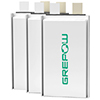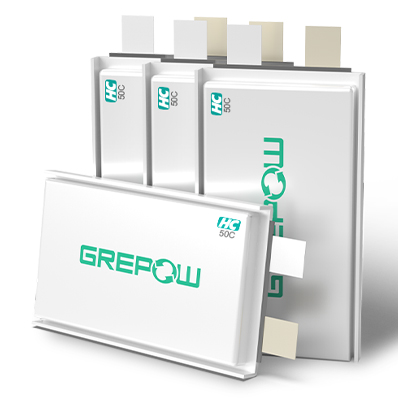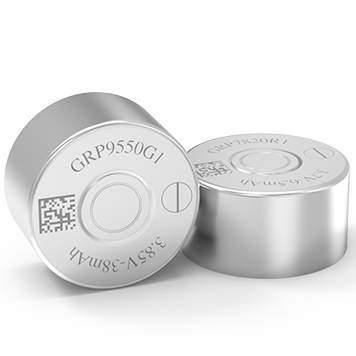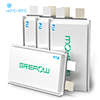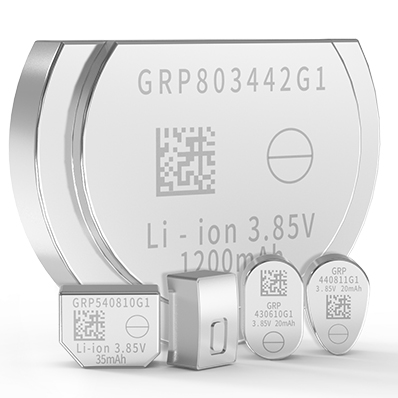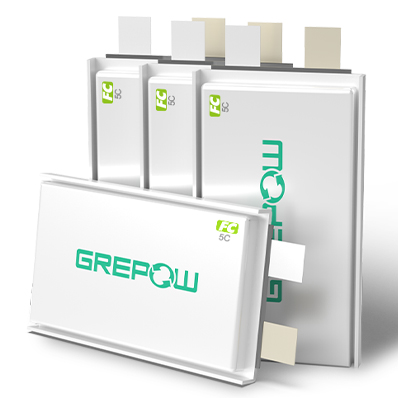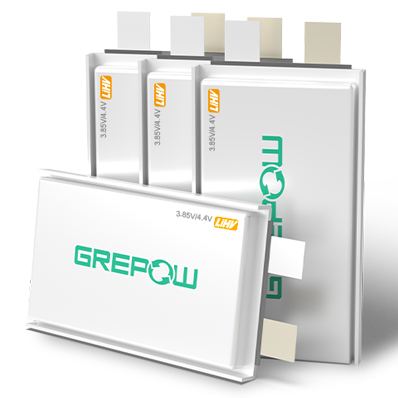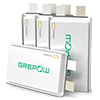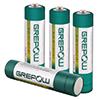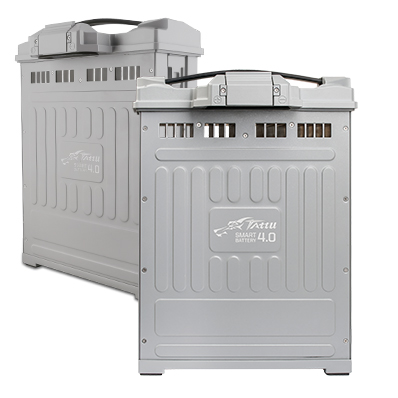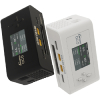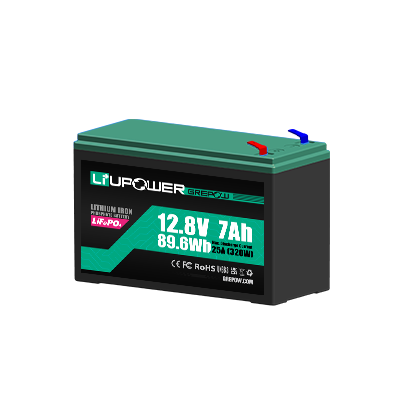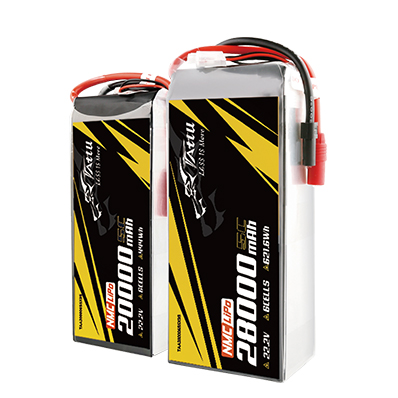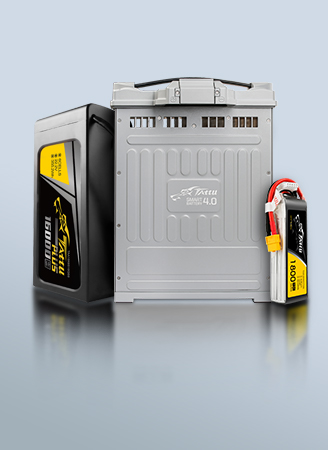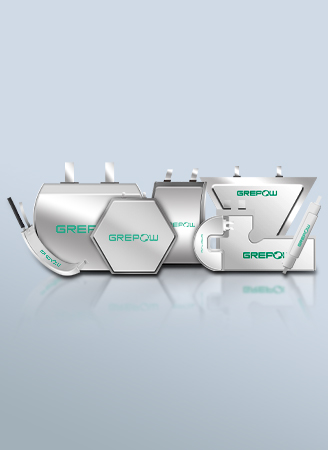What Is a Lithium-Polymer Battery Cell?
In the realm of modern energy storage solutions, lithium-polymer (LiPo) battery cells stand out for their unique characteristics and widespread applications. These batteries have become a cornerstone in various industries, from consumer electronics to electric vehicles, thanks to their high energy density and versatile form factor. In this article, we'll explore what lithium-polymer battery cells are, how they differ from other lithium-based batteries, their advantages and disadvantages, and their common uses.
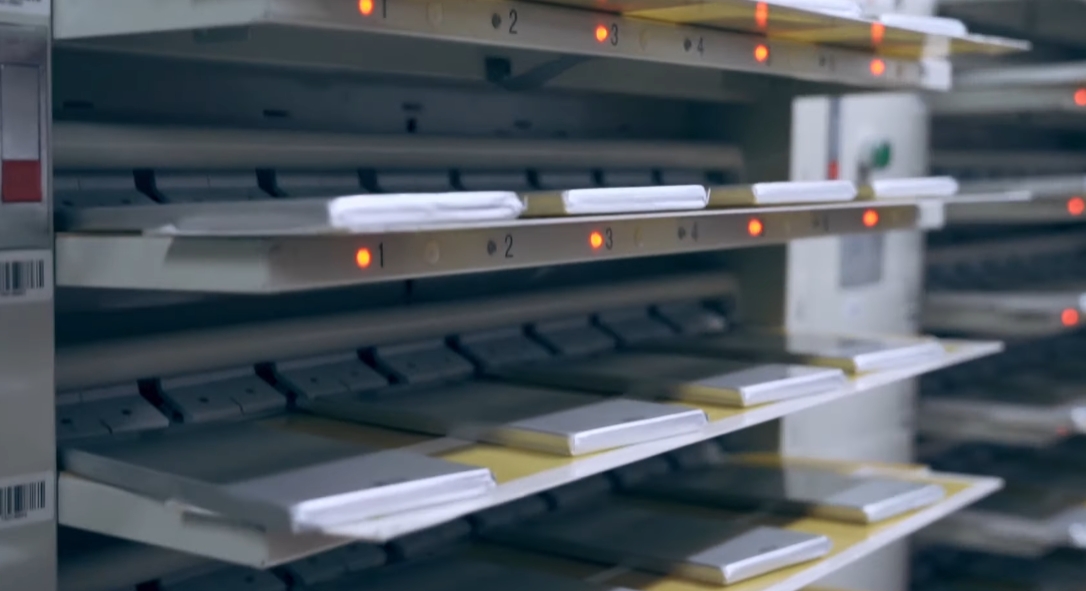
What is a Lithium-Polymer Battery Cell?
A lithium-polymer battery cell is a type of rechargeable battery that uses a polymer electrolyte instead of the traditional liquid electrolyte found in other lithium-ion batteries. The polymer electrolyte is typically a gel-like substance that allows for greater flexibility in the shape and size of the battery, making it ideal for applications where space and weight are critical considerations.
Key Characteristics:
●Electrolyte: Gel-like polymer
●Form Factor: Flexible and lightweight
●Voltage: Typically 3.7 volts per cell
●Energy Density: High, but slightly less than traditional lithium-ion batteries
What is the Difference Between Lithium-Polymer and Lithium-Ion Battery Cells?
While both lithium-polymer and lithium-ion batteries belong to the broader category of lithium-based batteries, they have distinct differences that affect their performance and applications.
| Feature | Lithium-Polymer (LiPo) | Lithium-Ion (Li-ion) |
| Electrolyte | Solid or gel-like polymer electrolyte | Liquid electrolyte |
| Form Factor | Flexible, can be molded into various shapes | Rigid, typically cylindrical or rectangular |
| Energy Density | Slightly lower than Li-ion | Higher energy density |
| Weight | Lighter due to polymer electrolyte | Heavier compared to LiPo |
| Durability | More robust and less prone to leaking | Prone to leakage if damaged |
| Cost | Generally more expensive | Typically less expensive |
| Charge/Discharge Rate | Can handle higher discharge rates | Moderate discharge rates |
| Safety | Safer, less likely to catch fire or explode if punctured | Higher risk of thermal runaway if damaged |
| Application | Used in RC models, drones, mobile devices, and wearables | Used in laptops, smartphones, and power tools |
| Lifespan | Shorter cycle life compared to Li-ion | Longer cycle life |
| Packaging | Soft case (pouch) | Hard case (cylindrical or prismatic) |
What are the Advantages of Lithium-Polymer Battery Cells?
Lithium-polymer (LiPo) battery cells offer several advantages over other types of lithium-ion batteries:
High Energy Density:
LiPo batteries offer a high energy density, meaning they can store a significant amount of energy relative to their size and weight. This makes them ideal for portable devices.
Lightweight and Flexible Design:
The polymer electrolyte allows for a more versatile form factor, enabling manufacturers to design thinner and lighter batteries that can fit into compact spaces.
Low Self-Discharge Rate:
LiPo batteries have a low self-discharge rate, meaning they retain their charge longer when not in use. This is beneficial for applications that require long storage periods.
Safety:
The solid or gel-like electrolyte reduces the risk of leakage and thermal runaway, making LiPo batteries safer than their liquid electrolyte counterparts.
What are the Disadvantages of Lithium-Polymer Battery Cells?
Cost:
LiPo batteries are generally more expensive to manufacture than traditional lithium-ion batteries due to the complexity of their design and materials.
Durability and Lifespan:
LiPo batteries typically have a shorter lifespan compared to lithium-ion batteries, especially if not properly maintained. They can be more sensitive to overcharging, deep discharging, and high temperatures.
Risk of Damage and Fire:
While they are generally safer, LiPo batteries can still pose risks if punctured or physically damaged, potentially leading to fires or explosions.
What are Lithium-Polymer Cells Used For?
Lithium-Polymer (LiPo) cells are widely used in various applications due to their high energy density, lightweight, and ability to be formed into different shapes and sizes. Some common uses include:
Consumer Electronics:
Smartphones and Tablets: LiPo batteries are used in these devices for their thin profile and high energy capacity.
Laptops: Many modern laptops use LiPo batteries to provide longer battery life and reduce weight.
Wearable Devices: Smartwatches and fitness trackers benefit from the compact and lightweight nature of LiPo batteries.
Remote-Controlled (RC) Models:
Drones: LiPo batteries are popular in drones, including FPV racing drones, due to their high discharge rates and lightweight.
RC Cars, Boats, and Aircraft: These models use LiPo batteries for improved performance and longer run times.
Electric Vehicles (EVs):
Electric Cars and Bicycles: LiPo batteries are used in some EVs for their energy density and efficiency.
eVTOL Aircraft: Emerging urban air mobility solutions utilize LiPo batteries for their high power-to-weight ratio.
Power Tools:
Cordless Tools: Drills, saws, and other cordless tools use LiPo batteries to provide powerful, portable energy.
Medical Devices:
Portable Medical Equipment: Devices such as portable oxygen concentrators and defibrillators use LiPo batteries for reliable, lightweight power.
Aerospace and Defense:
Unmanned Aerial Vehicles (UAVs): Military and industrial UAVs often use LiPo batteries for their high performance and reliability.
Space Applications: Some satellites and space exploration equipment use LiPo batteries for their high energy density and lightweight properties.
Renewable Energy Storage:
Solar Power Systems: LiPo batteries are used to store energy from solar panels for use during non-sunny periods.
Backup Power:
Uninterruptible Power Supplies (UPS): LiPo batteries are used in UPS systems to provide backup power in case of a power outage.
Specialized Applications:
Cinematography Drones: High-end drones used in film and photography rely on LiPo batteries for their power needs.
Hobby Electronics: DIY projects and hobby electronics use LiPo batteries for compact, reliable power.
Conclusion
Lithium-polymer battery cells have revolutionized the way we power our devices, offering a blend of high energy density, lightweight design, and improved safety. While they come with certain drawbacks, such as higher costs and sensitivity to damage, their advantages make them indispensable in many modern applications. As technology continues to advance, we can expect further innovations in LiPo battery technology, expanding their use even further. If you have any questions or needs about our button cell batteries, please feel free to contact us at info@grepow.com.
Related Articles
-
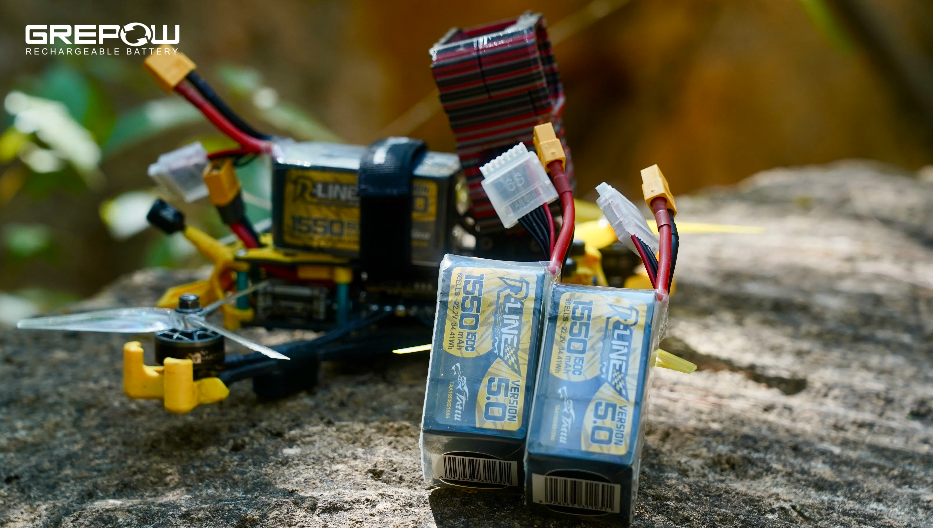
What Is a 7 Inch FPV Drone?
2025-04-15 -

Empowering Drone Training with Grepow’s Tailored Battery Solutions
2025-04-15 -

FPV Drone Types: All You Need to Know
2025-03-06
Related products
-
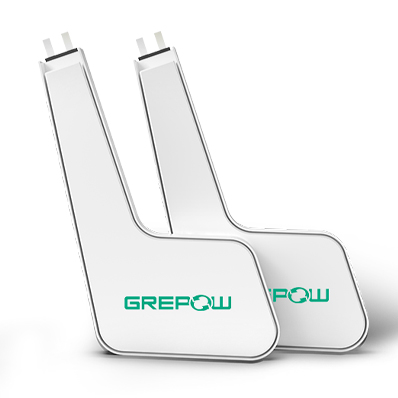
Pouch L Shaped Lipo Battery
-
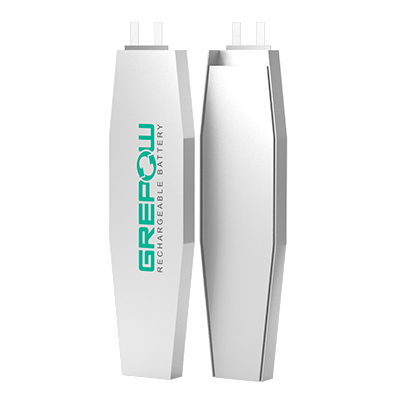
Pouch Octagonal Lipo Battery
-
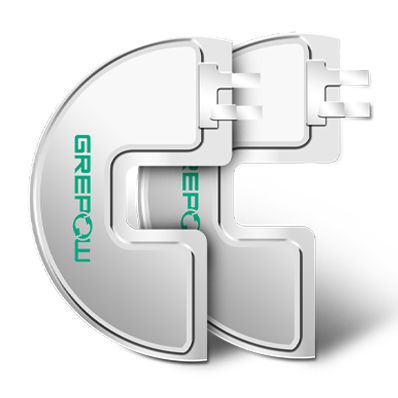
Pouch C Shaped Lipo Battery
-

Pouch Ultra Narrow Lipo Battery
-
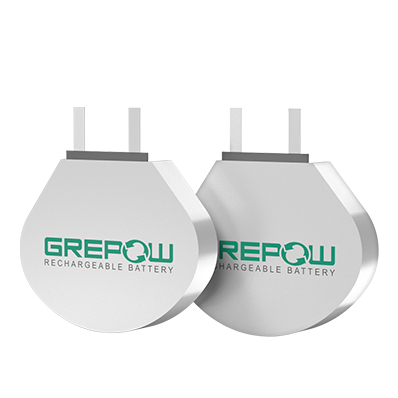
Pouch Irregular Lipo Battery
-

Triangle Battery
-
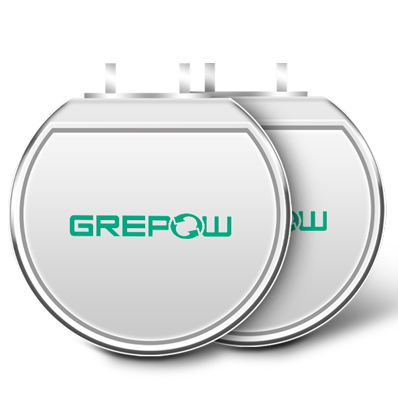
Pouch Round Lipo Battery
-
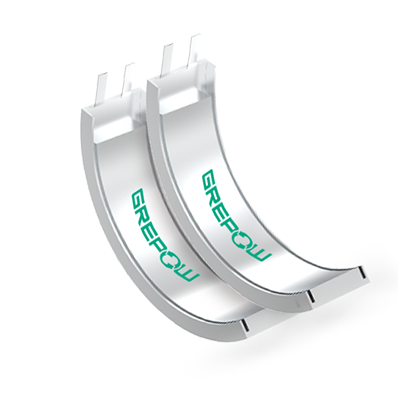
Pouch Curved Lipo Battery

